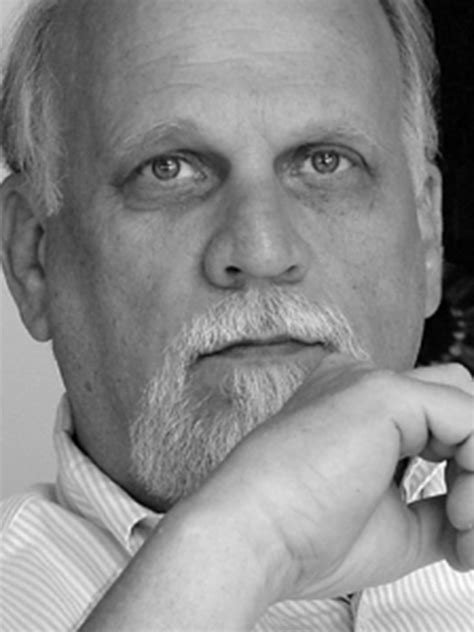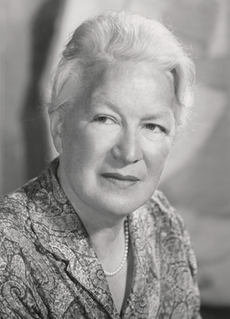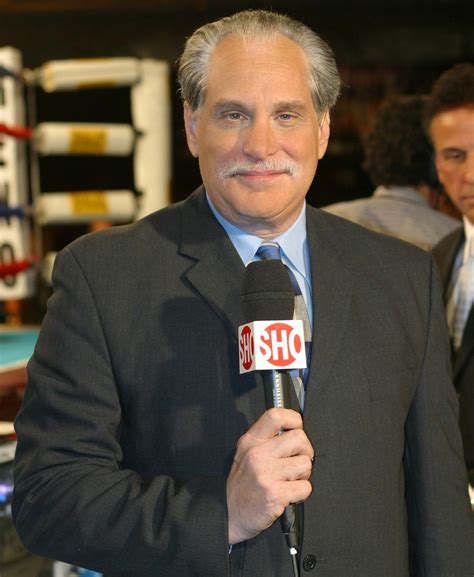A Quote by Len Wein
Art is always in the eyes of the beholder. Only posterity has the right to point out our mistakes.
Related Quotes
A computer is a wonderful and friendly machine, because it's always just a little better than you are. You're always a little bit behind, but it stays right there with you anyway. It allows you to make the mistakes, and then to try to find out what the mistakes are, and then to repair the mistakes. It's always your friend. It quits on you, but it doesn't leave the apartment.
Of all my children, you were always the hardest on yourself. You were always looking for the right way to behave, so concerned you might make a mistake. But, darling, there are no mistakes. There are only our wishes, our actions, and the consequences that follow both. There are only events, how we cope with them, and what we learn from the coping." "That's too easy," he said. "On the contrary. It's monumentally difficult.
It is right here, all of it, here for the taking, right before our eyes - happiness, fulfillment, hope, peace, justice. And most of all, there is truth, ordinary and simple, just sitting there to be plucked, if only we get our lazy rear ends off the pillow of complacency. But first, we need to open our eyes to this banal fact. And for that we need a periodic bit of shakeup in the form of an infusion of wonder - fantastic literature.
In every art we are always obliged to return to the accepted means of expression, the conventional language of the art. What is a black-and-white drawing but a convention to which the beholder has become so accustomed that with his mind's eye he sees a complete equivalent in the translation from nature?
Reality cannot be photographed or represented. We can only create a new reality. And my dilemma is how to make art out of a reality that most of us would rather ignore. How do you make art when the world is in such a state? My answer has been to make mistakes, but when I can, to choose them. We are all guilt victims choosing mistakes, and as Godard said, the very definition of the human condition is in the mise-en-scéne itself.
The summit charms us, the steps to it do not; with the heights before our eyes, we like to linger in the plain. It is only a part of art that can be taught; but the artist needs the whole. He who is only half instructed speaks much and is always wrong; who knows it wholly is content with acting and speaks seldom or late.



































